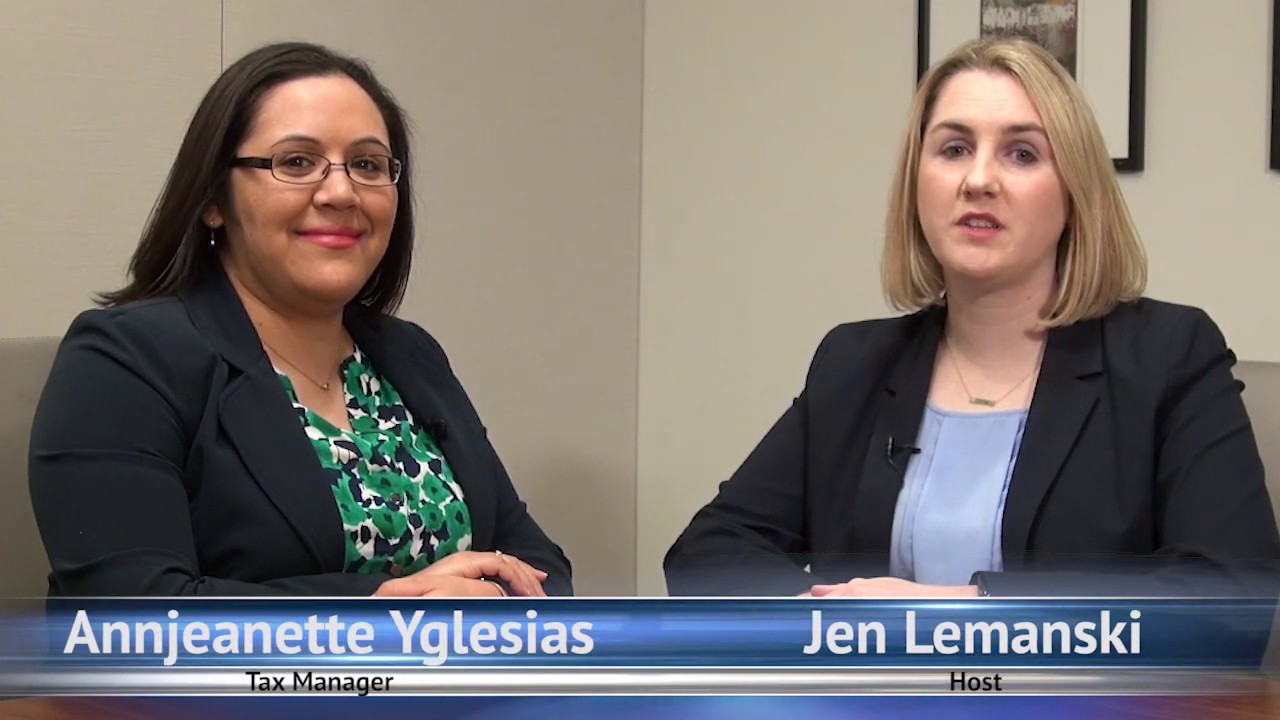Family Philanthropy: Private Foundations vs. Donor Advised Funds

Jen: This is the PKF Texas Entrepreneur’s Playbook. I’m Jen Lemanski, and I’m back again with Annjeanette Yglesias, one of our tax managers and a member of our not-for-profit team. Annjeanette, welcome back to the playbook.
Annjeanette: Hi, Jen, it’s nice to be here.
Jen: So, we’ve talked a lot about different not-for-profit topics, and what are some options for families that are looking to invest?
Annjeanette: Family philanthropy is a really hot topic, especially here in Houston with all the opportunities and wealth in the city. Typically, when we talk about family philanthropy, two things come up: private foundations and donor advised funds.
Jen: Is there a difference between the two, I’m assuming? And what is that difference?
Annjeanette: A private foundation is a separate legal entity. It’s a 501(c)(3) organization that has its own tax filings and its own set up process, etc. But a donor advised fund is just an account that is set up at a 501(c)(3) organization that a donor can contribute to and then suggest grants be made out of.
Jen: How would a family decide which option is best for them?
Annjeanette: There’s a lot of things to consider when deciding which vehicle is the best. Is a private foundation the best for a certain family to use or is a donor advised fund the best?
There are several considerations, but one of the most important considerations is the administrative tasks that go into maintaining each of these types of vehicles. A private foundation is going to be more responsibility on the donor family, because they’ll have to maintain the accounting records, make sure that tax filings are made and, most importantly, administer the grant programs. With a donor advised fund, on the other hand, all the donor family does is contribute money to the donor advised fund, and the sponsoring organization takes care of the rest. It takes care of maintaining the funds, filing the appropriate forms, things like that. So that’s definitely one consideration.
Another consideration is setup time. A private foundation has to be established as a legal entity first, and then get its 501(c)(3) status from the IRS, and then it can go forth and start doing grant programs. That process can take up to six months—maybe a year—depending on how fast the paperwork gets through the system, but a donor advised fund can be set up within a week. It’s basically minimal paperwork, because the entity itself—the 501(c)(3)—is already created. You’re just setting up a donor advised fund, which is an account within that organization.
Jen: Perfect. It sounds like they need to talk with you if they need some advice on which would be best to meet their goals, right?
Annjeanette: Exactly. It’s important to have a conversation with a tax advisor, because families have different goals, charitable goals and family goals. There’s different succession planning that has to be discussed, and also, most importantly, is what assets are going to be used to fund these vehicles. Those are the types of things that we can help clients with.
Jen: Perfect. We will get you back to talk about a little bit more.
Annjeanette: That sounds good.
Jen: To learn more about how PKF Texas can help your not-for-profit organization, visit PKFTexas.com/NotForProfit. This has been another Thought Leader Production brought to you by PKF Texas The Entrepreneur’s Playbook. Tune in next week for another chapter.

